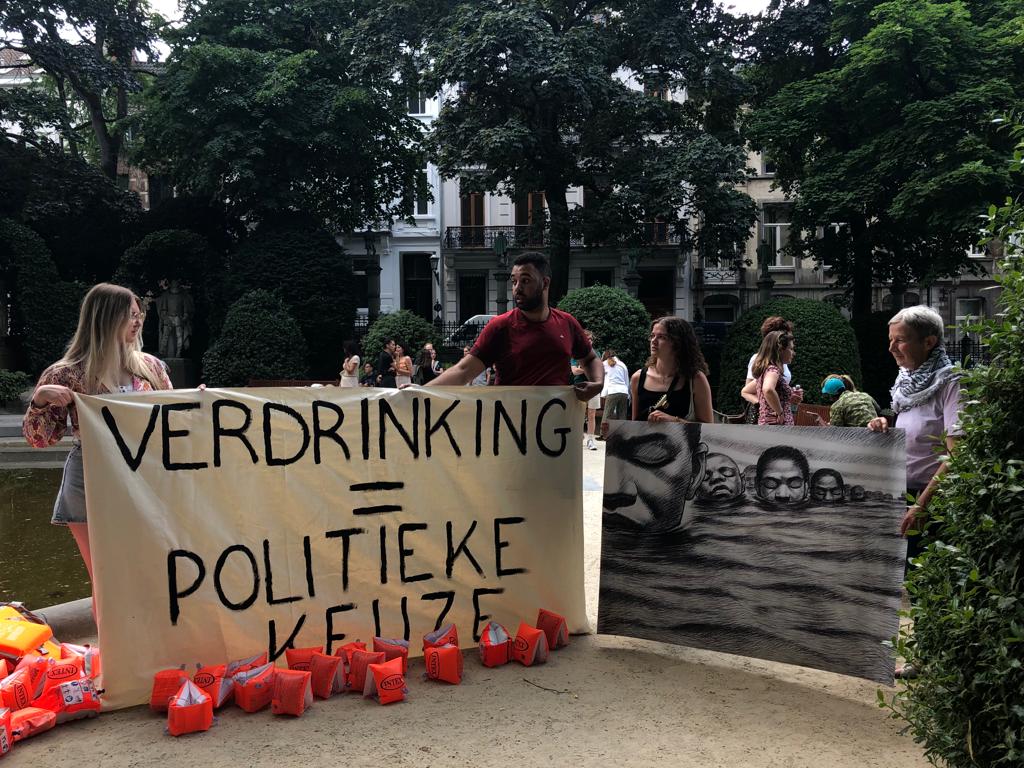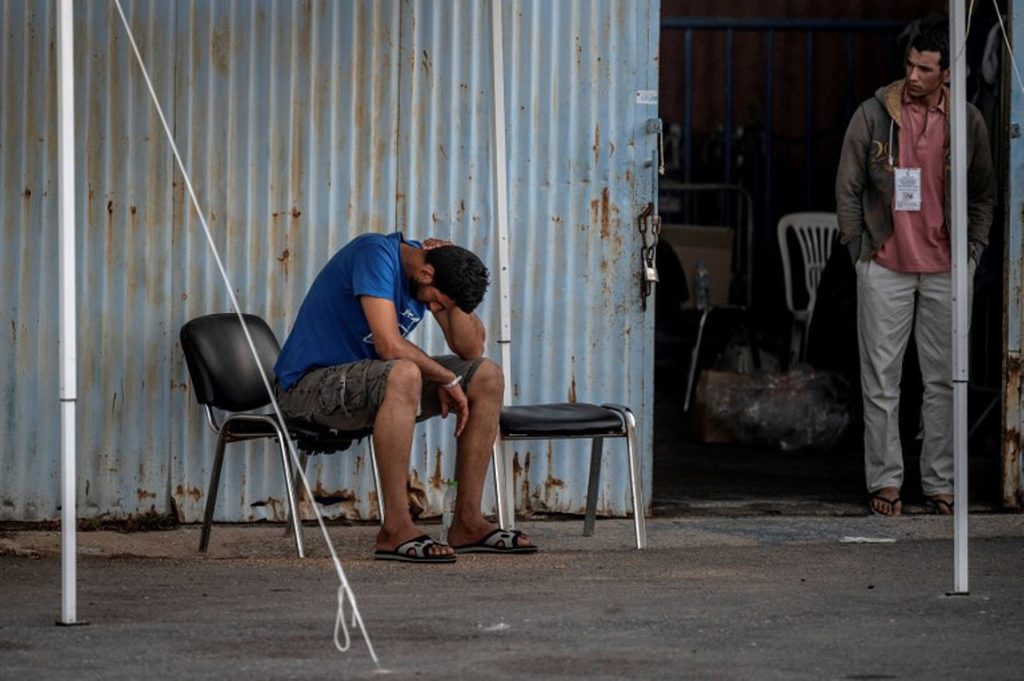The EU's border agency Frontex has started compiling a report to gather all available details surrounding last week's fatal tragedy off the coast of Greece. However, its own involvement could soon also be under investigation.
Last Tuesday, an overcrowded fishing vessel – with around 700 people onboard – capsized near Pylos in what is being referred to as the deadliest shipwreck off the Greek coast in almost a decade. The official death toll so far is 81, while 104 people have survived, but there is little hope of finding other survivors.
Initially, the Hellenic Coast Guard said it had repeatedly offered help, but that its assistance was ‘refused’, however, an investigation by Solomon showed that the passengers of the vessel had sent out a call for urgent help – one that was ignored.
On an EU level, the focus has mainly shifted to investigating human smugglers and traffickers, however, survivors and NGOs have accused Greek authorities of playing a role in the deaths by towing the boat, which caused it to capsize.
Rigorous investigation needed
On Friday, Frontex told The Brussels Times it has initiated a “serious incident report” (SIR) on the incident, handled by the Fundamental Rights Office.
"The aim of the SIR is to report any situation of possible violations of fundamental rights in relation to any Frontex activity," a Frontex spokesperson said. These could include violations of international law, the Frontex Codes of Conduct or "situations with serious actual or potential negative implications on the agency’s core tasks."
The spokesperson added that the office will provide an assessment following the report which will include follow-up measures and recommendations, which will be "shared with national authorities concerned," however, it remains unclear how long it will take for the agency to present its findings.

Activists holding up banners in the Square du Petit Sablon, sign on the left reading "Drownings are a political choice". Credit: Ioana Plesea / The Brussels Times
Greece, which so far denied wrongdoing, has launched its own investigation into the deaths, but NGOs have argued they have "little faith" in thorough investigations carried out by the Greek authorities.
"We call for independent international investigations. The fact that Frontex is now preparing a report is positive, but it is not a real investigation. We are calling for these to be set up by the UN Human Rights Council," 11.11.11 migration expert Flor Didden, told The Brussels Times.
No stranger to pushbacks
Meanwhile, data from Alarm Phone revealed that Frontex was warned about the vessel and that a surveillance aircraft had spotted the overcrowded trawler, notifying the Greek authorities, but left the scene due to "fuel shortage."
In any case, as the Refugee Council of Greece pointed out, Frontex has an obligation under EU regulations to assist Member States in cases where "increased technical and operational assistance is required" and providing them with technical and operational assistance.
The border agency has been accused of not doing enough to prevent such tragedies. While the its new director promised to turn a page in its controversial history, Frontex itself has often come under fire for pushbacks or the forced return of people across international borders without an assessment of their asylum rights.
Organisations, including Amnesty International, have called on the agency to release information and aerial imaging gathered as part of their observation of the events.
Earlier this week, the European Parliament's Civil Liberties Committee delegation participated in the Frontex management board meeting, during which the Agency’s response to the recent tragic shipwreck in Greece was also discussed.
One person close to the matter told The Brussels Times that it is possible in the coming days that MEPs may speak up about the need for an investigation of Frontex's response, or that it may be questioned about its actions after spotting the vessel.
One MEP, Sophie in't Veld, has already voiced her concerns regarding possible negligence by Frontex, but has not yet taken steps on the need for an investigation.

